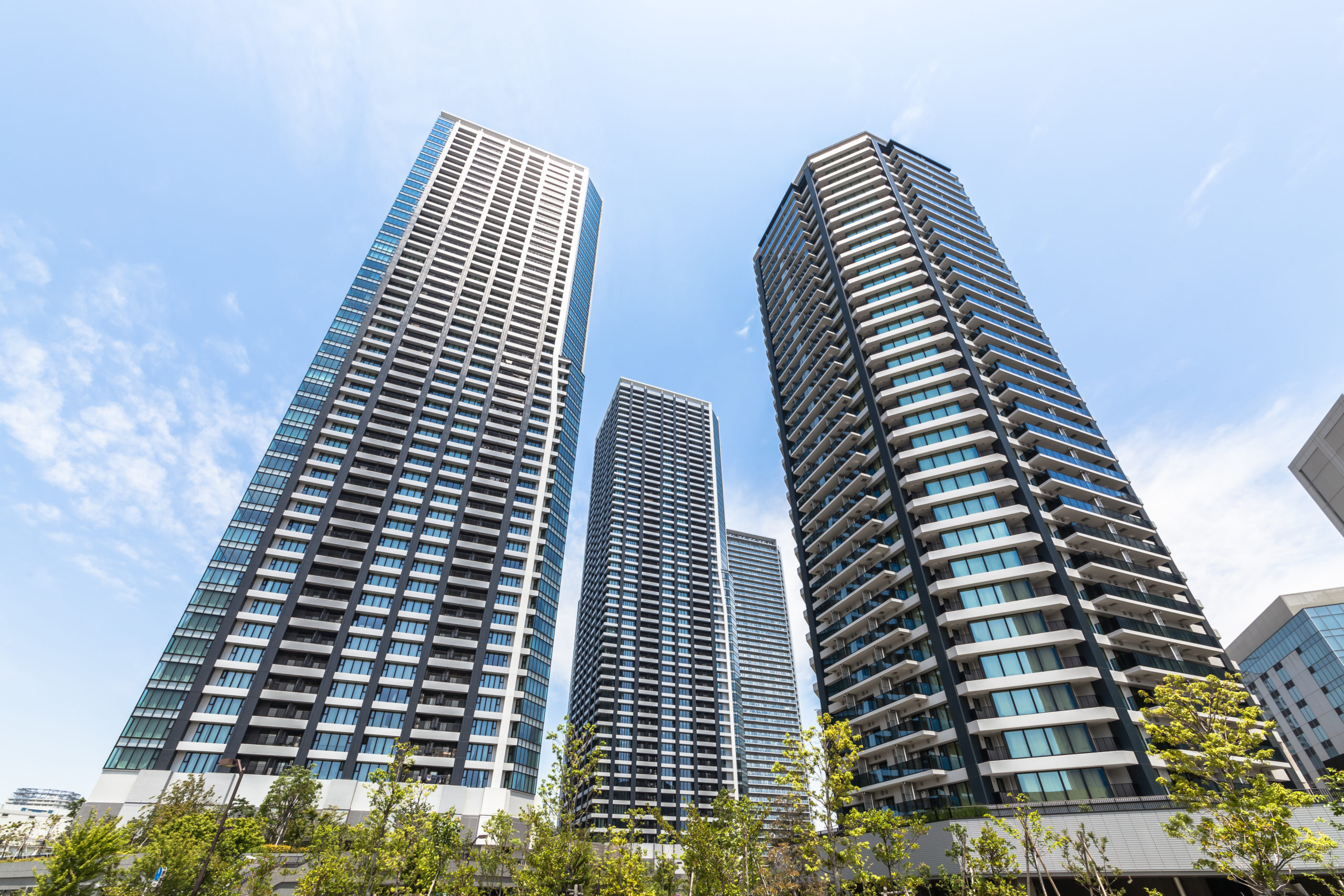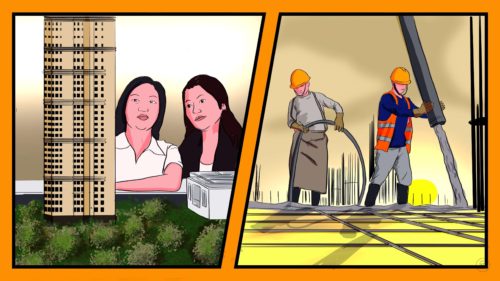Chinese real estate investment in the U.S. comes to a standstill
The coronavirus has brought the U.S. real estate industry to a standstill, with deals stalled and showings canceled, and it has halted, at least temporarily, Chinese purchases of U.S. commercial and residential properties.

The coronavirus has brought the U.S. real estate industry to a standstill, with deals stalled and showings canceled, and it has halted, at least temporarily, Chinese purchases of U.S. commercial and residential properties.
The $1.6 trillion U.S. residential real estate market is taking a big hit. About 45% of residential real estate agents say buyer interest has dropped more than 50%; 59% of agents say buyers are delaying the purchase of a home; and 56% of agents say sellers have removed their homes from being listed, according to an April survey by the National Association of Realtors.
As for commercial real estate, “Talking with major lenders this week, none are doing loans for new acquisitions, not because they are afraid of that fact, but because they have nobody asking,” says Jim Costello, the senior vice president of Real Capital Analytics.
Jill Ji is a broker with Douglas Elliman and represents many buyers from China. In a strong month, she has dozens of inquiries about listings every month, but Ji says the number of inquiries had dropped to five by the second week of March.
“The challenge is, in the short term, we talk about the coronavirus, it’s travel restrictions. They can’t physically come to visit the property. I had people during the Chinese New Year who wanted to come here and look at properties, but they weren’t able to do it because of the outbreak in Wuhan,” Ji says. “I also had one person for July, but I am not sure if she is able to come.”
Now, as New York City combats the epidemic and all nonessential businesses have either closed or asked staff to work from home, Ji is resorting to virtual, online videos to present properties to her clients.
Chinese purchases of U.S. residential real estate were already falling from $32 billion in 2018 to $13.4 billion last year, says Gay Cororaton, a research economist for the National Association of Realtors. She cites slower growth of the Chinese economy, tightened capital outflows, a strengthening U.S. dollar, and the U.S.-China trade war as reasons for the decline.
A coronavirus-related dip will also further slow sales to Chinese buyers of commercial real estate. Costello says:
“It’s going to be hard to disentangle how much of a slowdown will be from the coronavirus versus other existing challenges that Chinese investors have had. If we go back to 2016, that was the peak period for Chinese investment in the United States. In commercial real estate, that was about $19.1 billion in a single year. In 2019, there was only $800 million of investment, so there was a pronounced slowdown. Even if we have a slowdown in 2020, it’s going to be fitting that existing pattern.”
Too many high-end condos
The types of investments Chinese buyers make in the U.S. are also changing. In 2016, most bought development sites where they could build condominiums and sell off the units, but the high-end, luxury condo market began to get oversupplied.
“It was a lot of investors thinking that they could repeat some of the same business practices that they had in China, just take the development-oriented business model, and replicate it quickly and easily in the United States, and it didn’t always work,” Costello says.
“Primarily, it was developers thinking they could come in, develop high-end condominiums, and sell them off quickly. When the market is going up, and prices are favorable, and consumer demand for condominiums is high, that can be a very profitable business. But the game stopped.”
China’s Anbang Insurance Group’s purchase of the Waldorf Astoria hotel for a record $1.95 billion was the poster child for this type of risky investment. The Chinese government has since taken over Anbang amidst financial troubles and the arrest of its former chairman, and clamped down on ostentatious debt-fueled acquisitions by Chinese companies. As a result, such splashy overseas property deals are simply not happening.
After a 2015 crash in the Chinese stock market, and with concerns about its debt-laden economy growing, China also increased capital controls to restrict real estate investment outside the country. This meant fewer all-cash buyers of U.S. residential real estate, and more Chinese buyers having to take out loans to finance their purchases.
“The Chinese government stepped in to tell investors that some of them were just being too speculative, and taking on too many risks, and wanted them to pull back on those kinds of speculative investments,” Costello says.
He says Chinese buyers are still investing in development sites, but have begun to shift their focus from the U.S. back to Asia. Hong Kong and Japan were the leading destinations for mainland Chinese investors in U.S. commercial real estate last year, according to Costello.
While the increased capital restrictions from the Chinese government, the coronavirus, and U.S.-China trade disputes have slowed purchases from China, U.S. real estate could remain a safe haven for investors.
Is the U.S. still a safe haven investment?
“Long term, I think the pandemic leaves intact the status of the U.S. as a safe-deposit market where it is wise to invest both for gains and for diversification as a hedge against bad events. If economic forecasts are right, and the U.S. has a sharp but short COVID-19 recession, then we expect Chinese acquisitions of U.S. real estate to return to trend,” says Georg Chmiel, the executive chairman of property portal Juwai IQI.
In the short term, the U.S. real estate market is facing headwinds, but long-term prospects remain strong, according to Adam Lysenko, an associate director at Rhodium Group. “There is a strong commercial rationale for Chinese firms to be interested in the U.S. market. From a diversification perspective, major real estate investors from China would like to have operations outside of the Chinese market, which can be volatile and suffers from distortions due to the absence of available investment alternatives for many people,” Lysenko says.
But Costello says the epidemic could expand fault lines that were already growing in the global economy. “The flow of Chinese capital to real estate investments in the U.S. grew along with globalization. Chinese investors earned U.S. dollars from exports of manufactured goods as trade grew, and some of those dollars were reinvested in U.S. real estate,” Costello says.
The U.S.-China trade war weakened those supply chains. If they splinter more as a result of COVID-19, Costello says that will mean fewer U.S. dollar earnings for Chinese to reinvest and lower demand from China for U.S. real estate.





